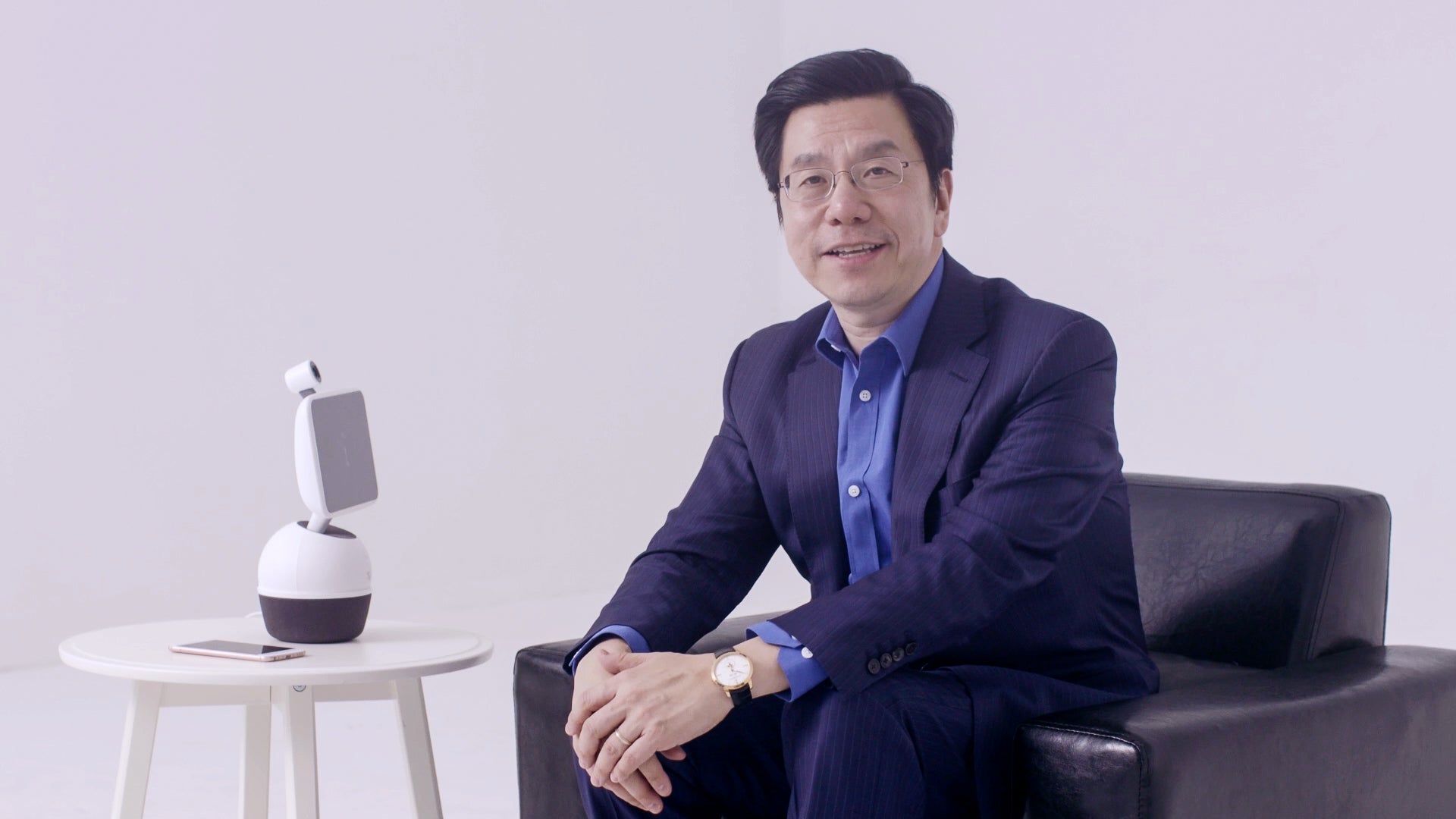The list of countries that will benefit from the AI revolution could be exceedingly short
Here’s a comprehensive list of the countries that venture capitalist and former Google China president Kai-Fu Lee says are well-positioned to embrace a future powered by artificial intelligence:


Here’s a comprehensive list of the countries that venture capitalist and former Google China president Kai-Fu Lee says are well-positioned to embrace a future powered by artificial intelligence:
- United States
- China
Every other economy should brace for trouble ahead, Lee says in an interview with Edge.
“The countries that are not in good shape are the countries that have perhaps a large population, but no AI, no technologies, no Google, no Tencent, no Baidu, no Alibaba, no Facebook, no Amazon,” Lee says. “These people will basically be data points to countries whose software is dominant in their country. If a country in Africa uses largely Facebook and Google, they will be providing their data to help Facebook and Google make more money, but their jobs will still be replaced nevertheless.”
Lee is known for making big predictions about AI shaping the future of everything, suggesting that big banks will lower power under AI and arguing that an art degree will actually come in handy in an automated future. He’s also spoken about the US and China’s potential world dominance before, but gets a little more specific in the Edge interview.
While much of the AI industry’s development started in the United States, China is well-situated for the future because it has embraced technology and manufacturing. Originally, China’s low labor costs might have helped the country modernize, Lee says, but as automation takes manufacturing jobs, building AI itself is increasingly key. That also means that other countries that want to follow China’s blueprint for economic growth probably wouldn’t be able to rely on cheap labor alone.
As for the question of what to do about job automation, Lee says it’s time to reimagine the way people work.
“We at this point can say we certainly don’t exist to do routine work. We perhaps exist to create. We perhaps exist to love. And if we want to create, let’s create new types of jobs that people can be employed in,” he says.
That said, it’s possible that AI won’t necessitate a total overhaul of human values. Computers have existed for fewer than 100 years, and humans have generally gotten along fine without them.